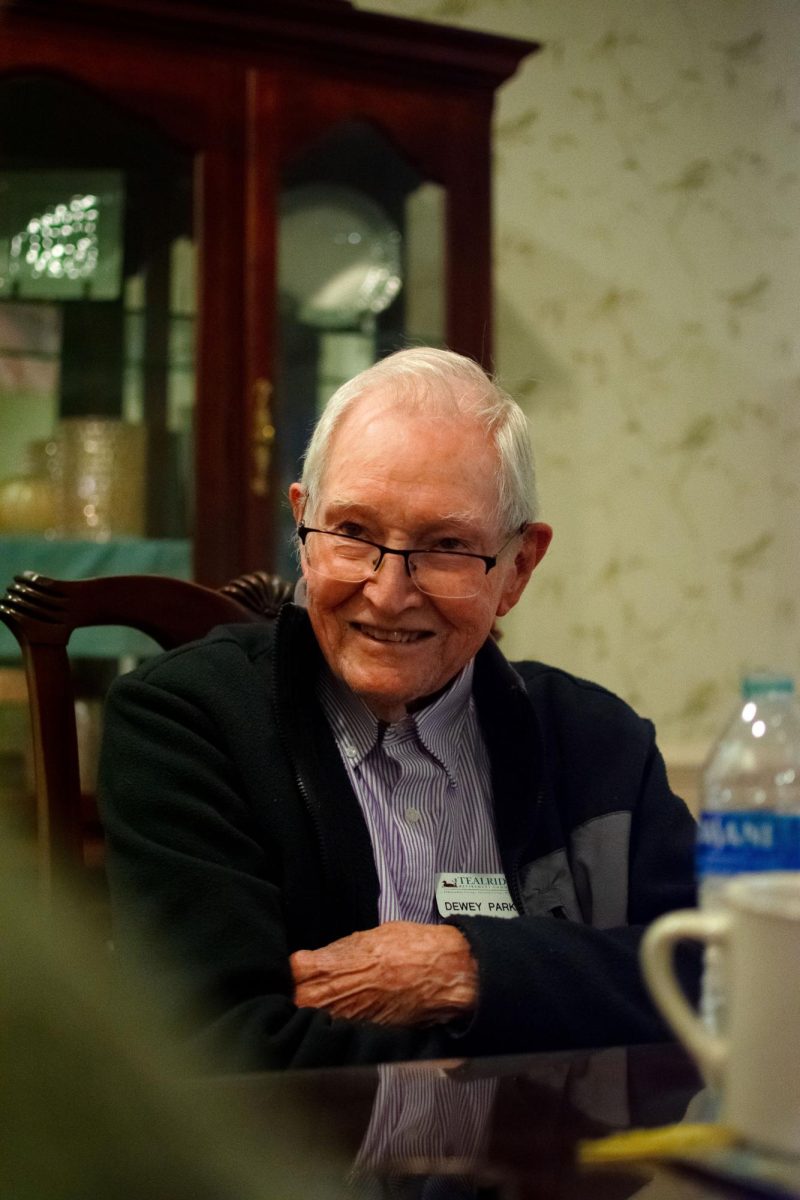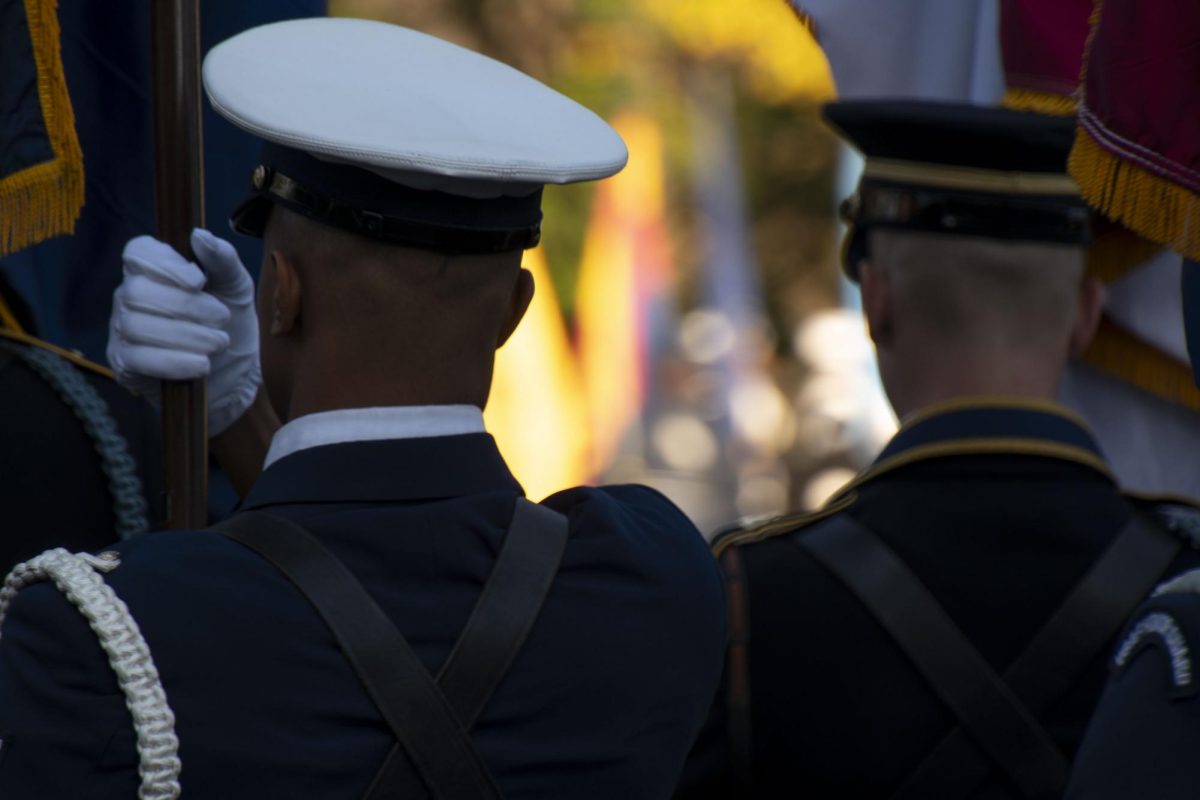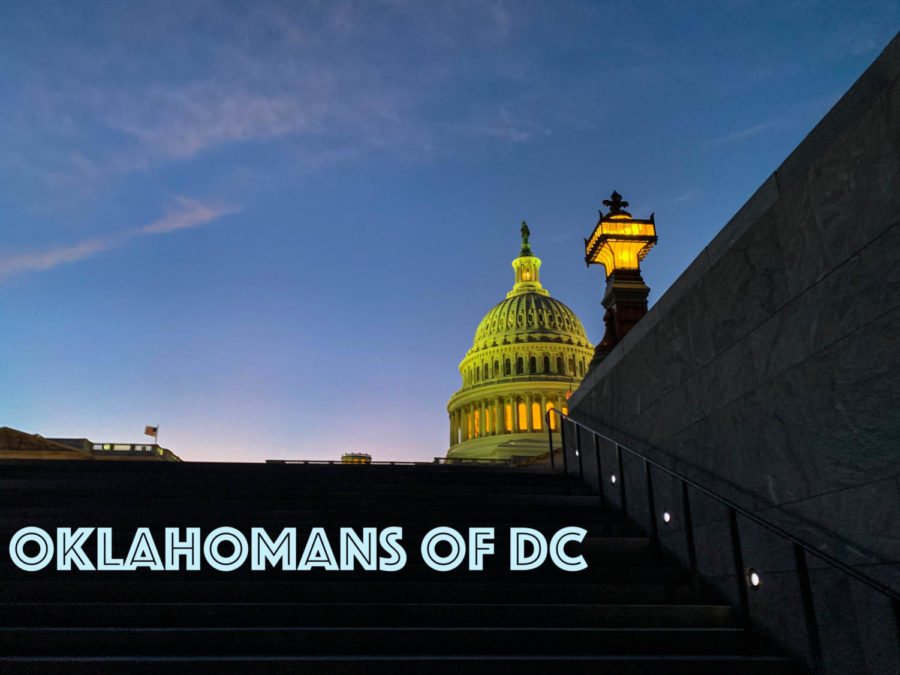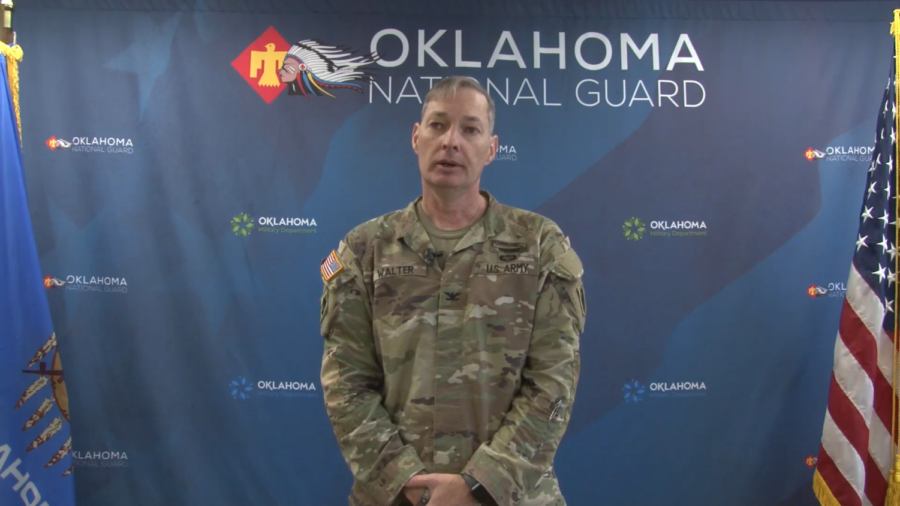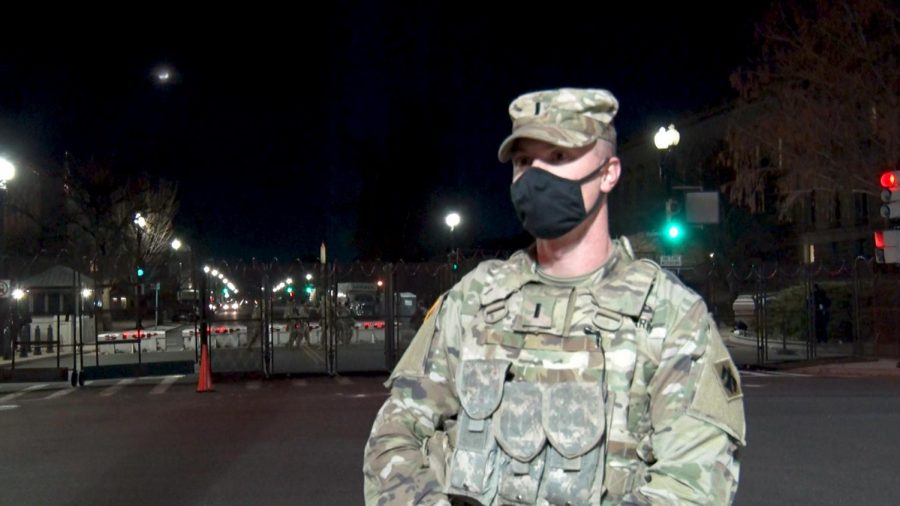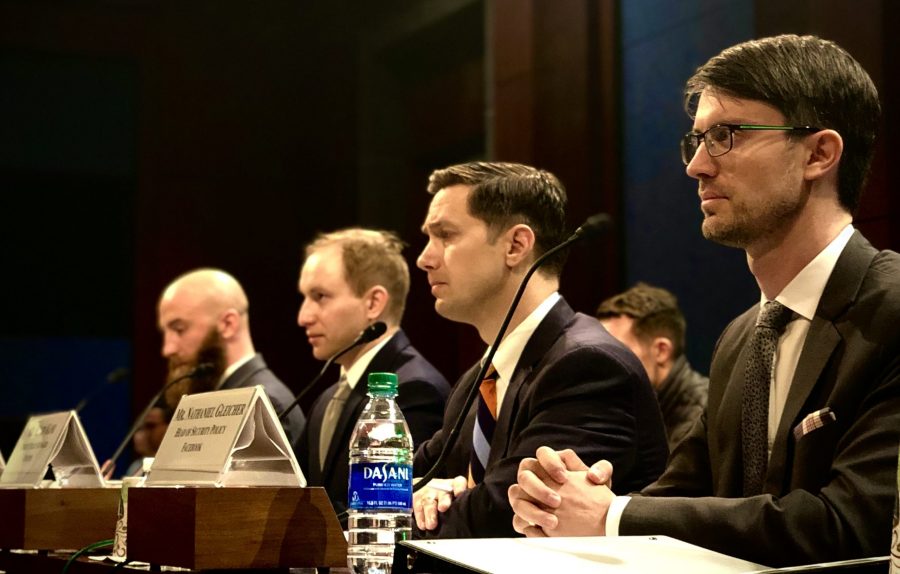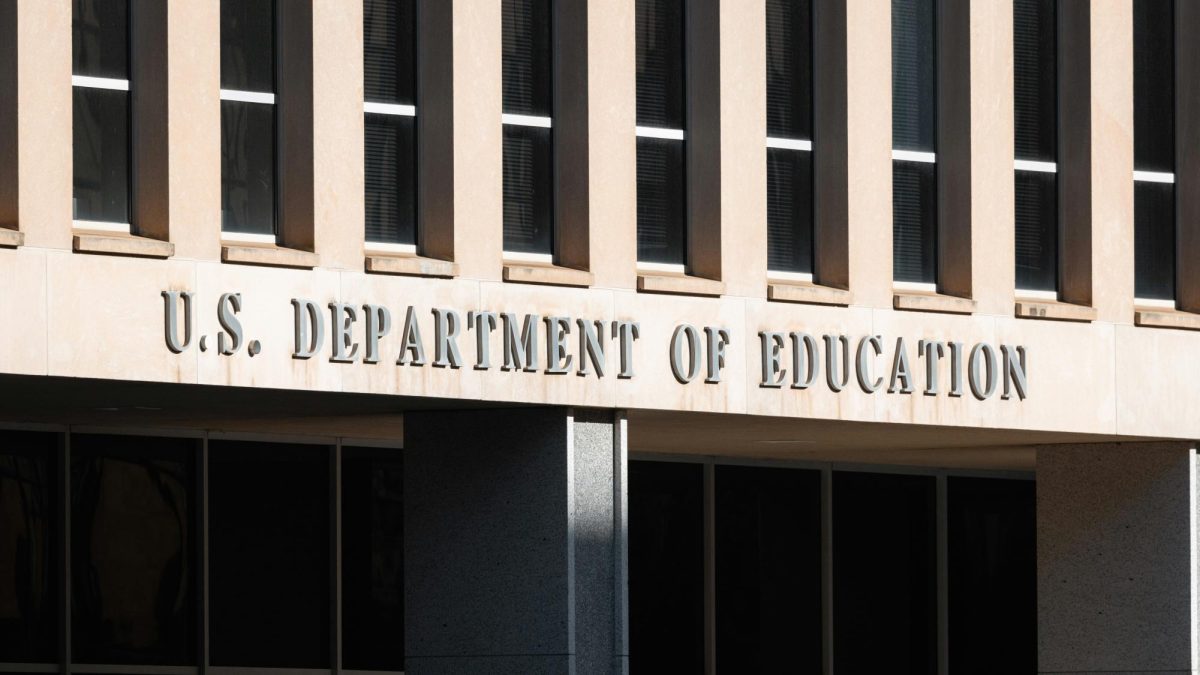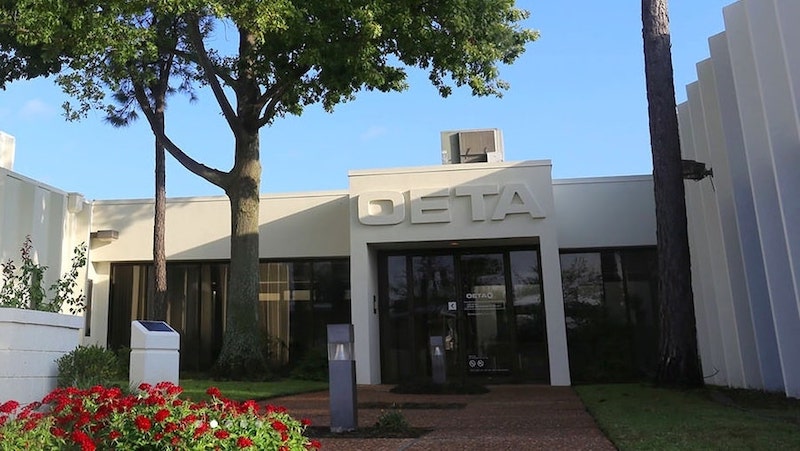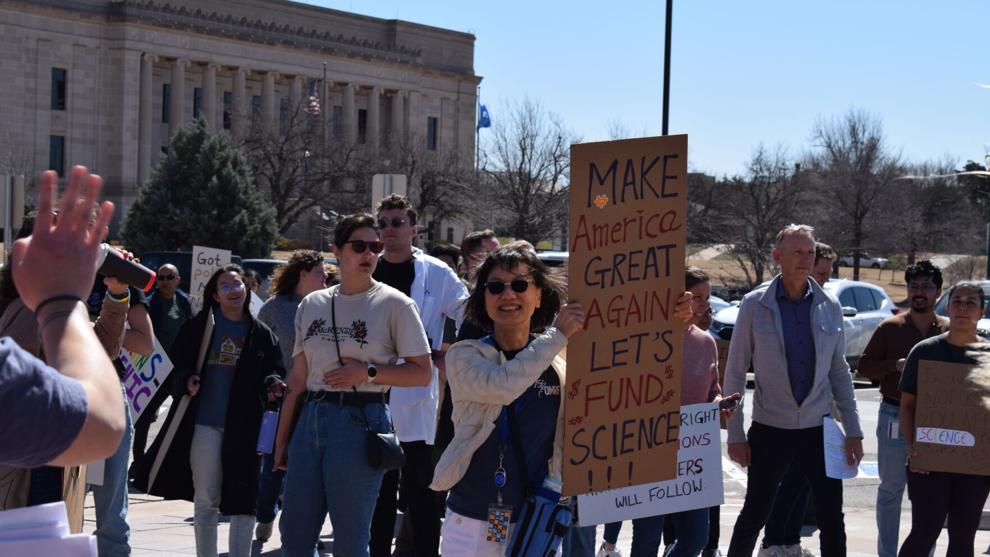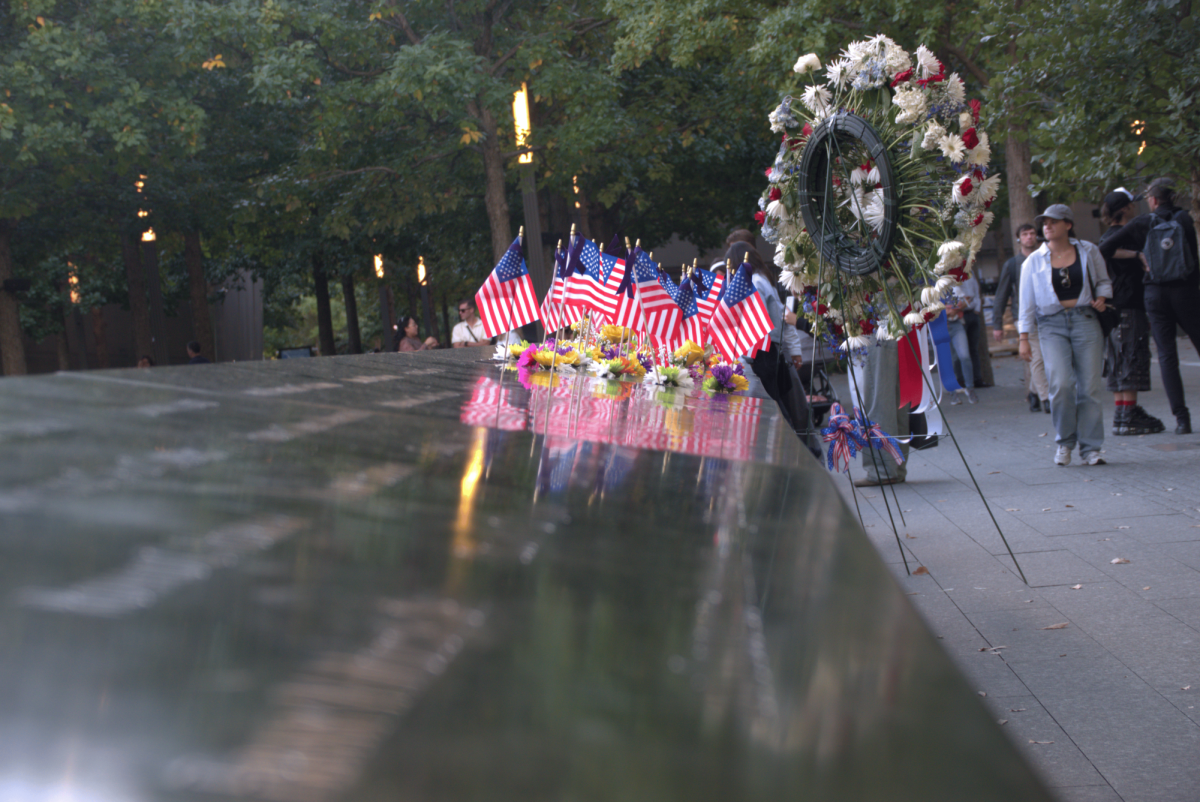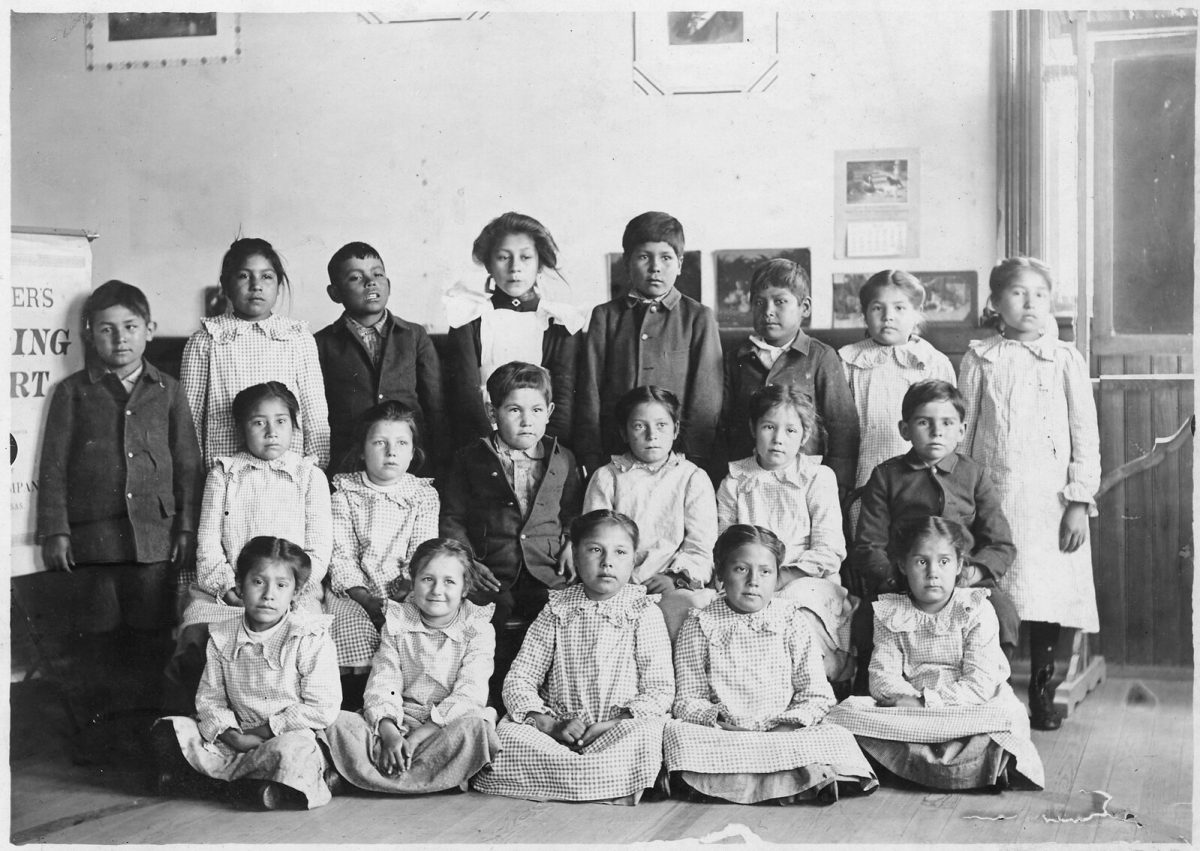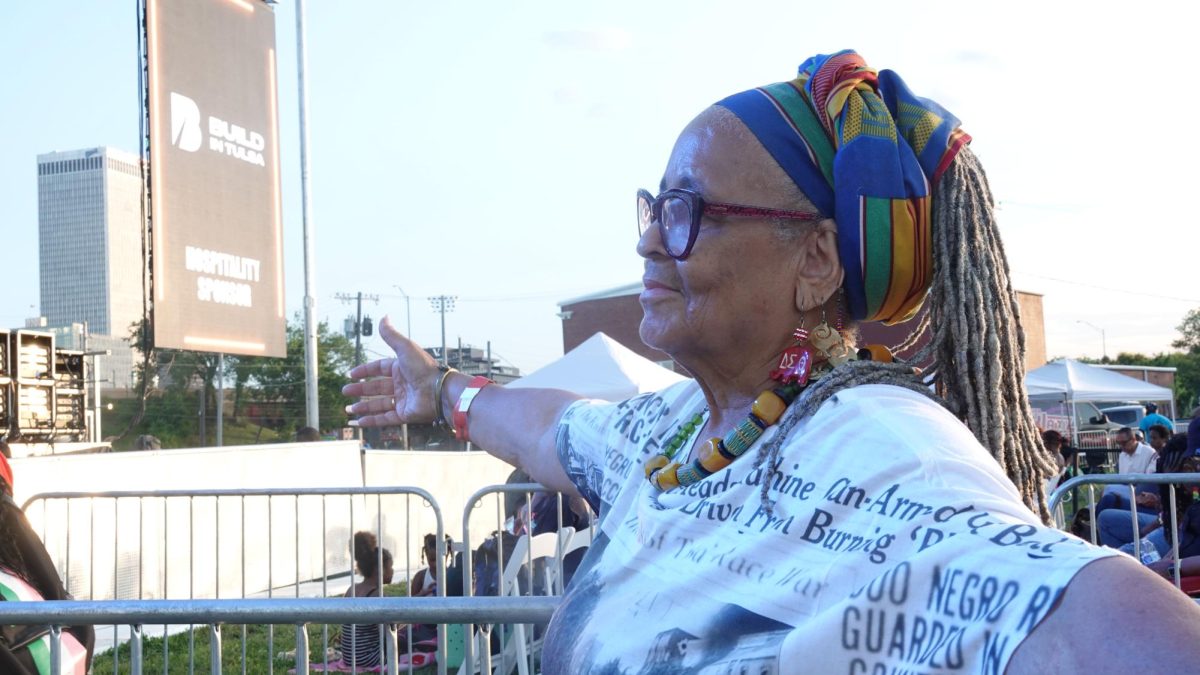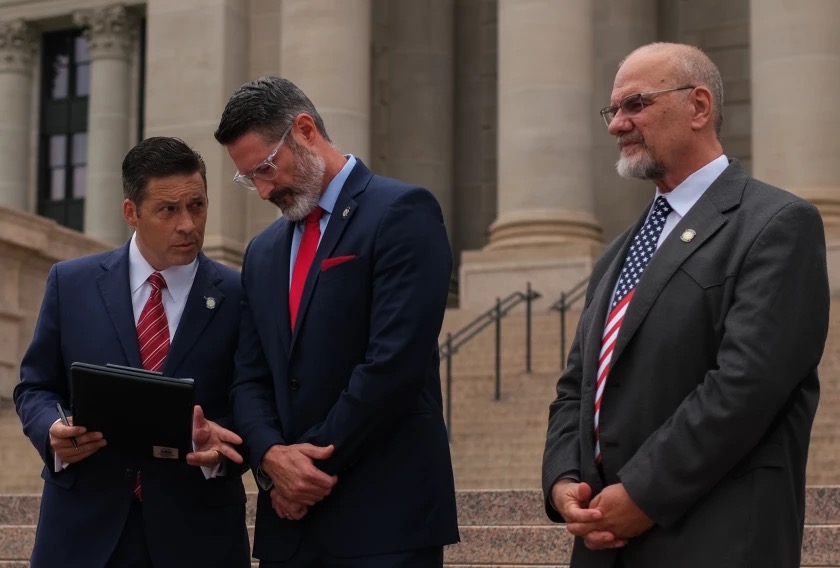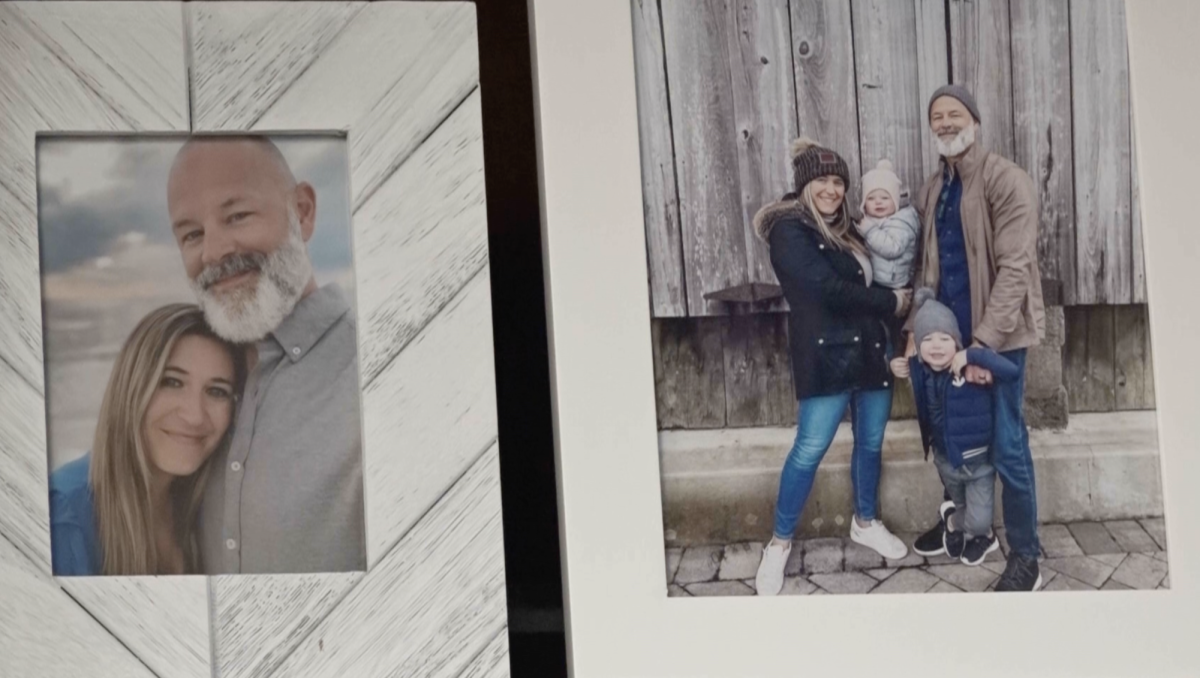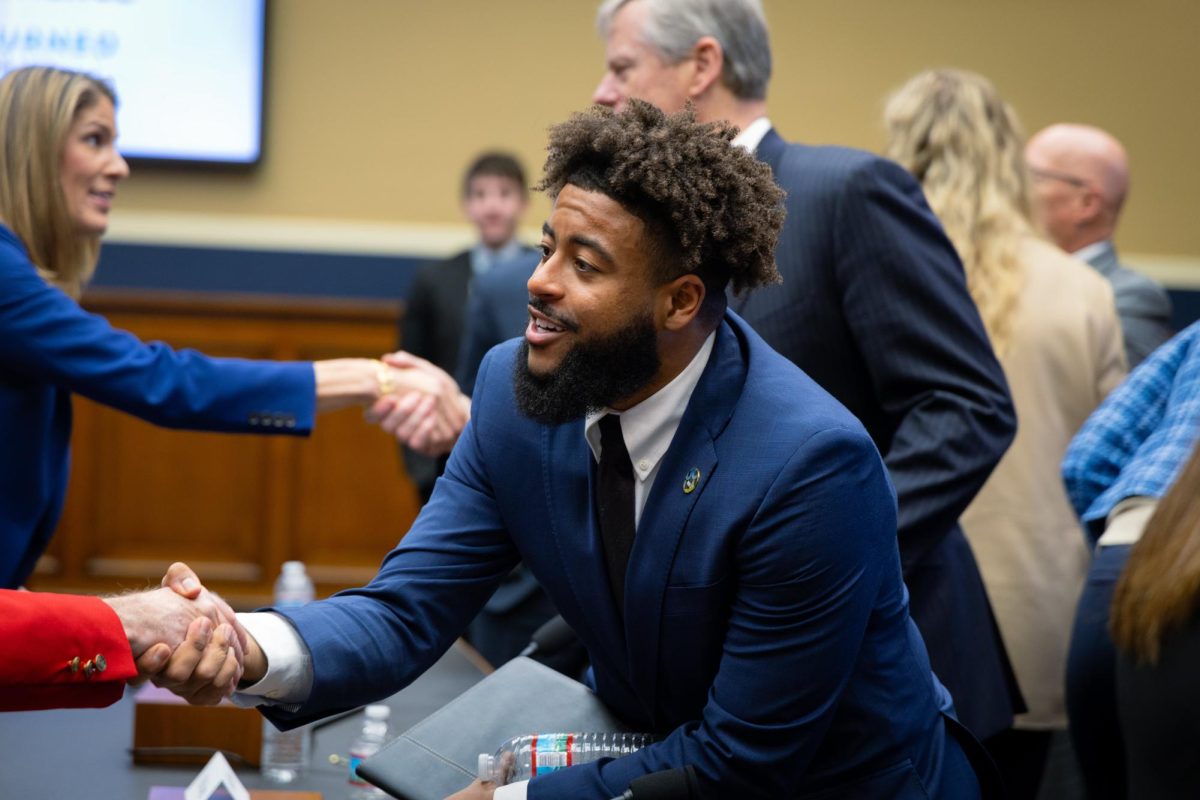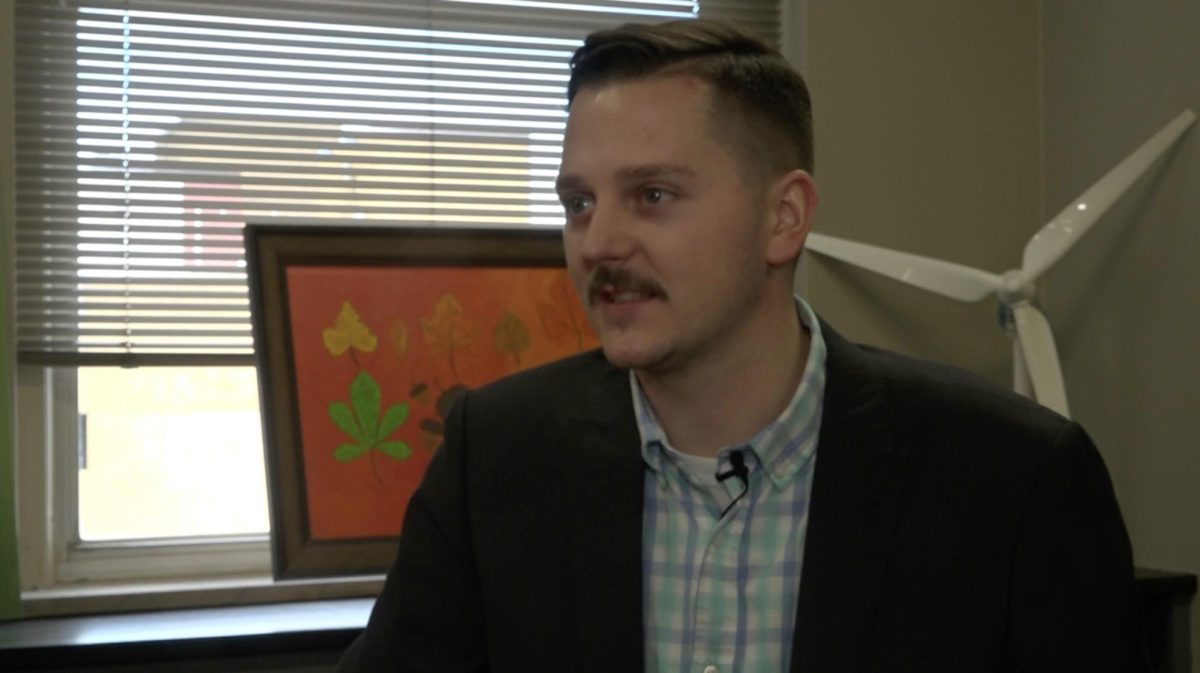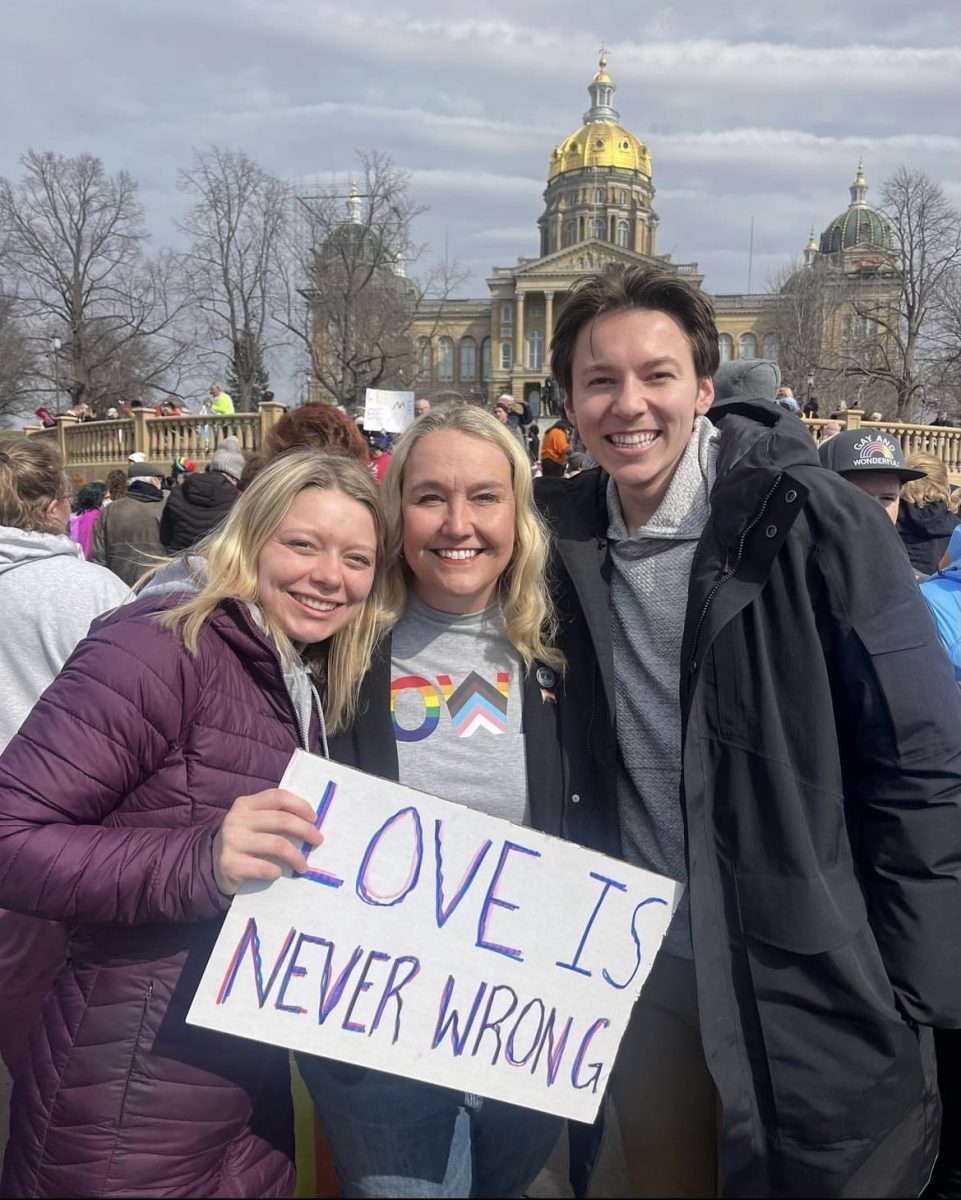September 2, 2023, marked the 78th Anniversary of the end of World War II.
Fewer than 1 percent of the 16.1 million Americans who served in World War II are still alive this Veterans Day. The oral history that these service members have is disappearing at a rate of 131 deaths per day, according to statistics compiled by the World War II National Museum. In Oklahoma, only 1,668 are still alive.
Among these members of America’s Greatest Generation is Dewey Parker, an unassuming former school teacher and baseball coach. Parker’s friends, fellow residents and staff of the Tealridge Independent Living Center all spoke warmly about him. When describing Parker, they talked about how friendly he is, how he walks miles each day and that he has endless incredible true stories to tell.
Parker, now 97 and a former resident of Mangum, Oklahoma, received his draft letter the same month he turned 18. Next thing he knew, he was being bussed to the Oklahoma City Military Entrance Processing Station (MEPS).
“I was on the bus in Mangum, Oklahoma, to come to Oklahoma City to have my physical, which I passed. And I cried like a baby, you know, and they said, ‘well you know, we’ll feel sorry for ya, we’ll let you finish school.’” Parker said.
With just a couple of months until he graduated high school, right in the middle of World War II, hopes of avoiding the draft had all but evaporated.
“They didn’t forget. You know when I got my diploma, they were standing there waitin’ for me. Next thing I knew, I found myself doing Uncle Sam’s duties” Parker said.
Parker was swiftly shipped off for basic training in San Antonio, Texas.
“They sent me on that train and I went deep down into the Southwest to do basic training,” Parker said.
He graduated from advanced training on New Year’s Day 1945. He returned home for five days before joining hundreds of other soldiers traveling by train to a fleet of troop ships on the West Coast of California.
Parker remembers vividly The Battle of Okinawa, where he was initially deployed and scenes Japanese soldiers and Okinawa residents committing suicide by jumping off cliffs rather than surrendering.
“May the 2nd, we invaded Okinawa and on June the 25th… the morning of the 25th, we got down to the south end, kind of on an incline… they disappeared over the hill, and we would go over the hill… our enemy was down on the rocks. They jumped to the rocks and killed themselves… there was about 110-115 women and kids they took with them.
“That was the end of the war – that was the last battle fought.” Parker said.
The Army wasted little time putting Parker back on a ship bound for the Philippine Islands for more jungle training.
“Just before we left Okinawa, they dropped the first bomb, atomic bomb. The second day they dropped the second one. We boarded ship and headed south.”
“And they said – ‘it’s over’ – just like that.” Parker said.
Roughly 226,000 people lost their lives from the atomic bombs, and there were 240,000 American and Japanese total casualties from The Battle of Okinawa. President Truman anticipated a million U.S. casualties in the case of a ground invasion of Japan.
Parker went on to be one of the soldiers accompanying Gen. Douglas MacArthur in Manila, Philippines.
“The main thing I remember about him was that he was a Republican,” Parker said amusingly.
“He was a hero there, a household word… To think I’m standing there close enough he could’ve stepped on my head, ya know, and listen to him talk.” Parker said.
“The one picture I had wanted to show you, was that big platform built about 6-foot above the ground, his foot was right there, and I’m sitting there with my helmet. Right there was his foot I could’ve tied his shoe to that…” Parker said, who accompanied MacArthur during an address to the Filipino legislature.
Life after World War II for Parker was nothing short of successful. He obtained a bachelor’s of education in three years from Central State Teachers College, what is now known as the University of Central Oklahoma. After graduating from Central State, he taught grades first through eighth for five years in Canute, Oklahoma, before spending 10-years as a principal in Lawton, Oklahoma. Parker coached baseball and basketball for high school boys and girls, later earning a doctorate from the University of Oklahoma.
He then went on to become a professor at Cameron University, before retiring there as the Director of Education.
Parker now lives at Tealridge in Edmond where he displays his service medals; one of the few remaining mementos of his time in military service. Parker also enjoys walking and spending time with a fellow resident, Jim Stewart with whom he has developed a deep friendship.
Gaylord News is a reporting project of the University of Oklahoma Gaylord College of Journalism and Mass Communication. For more stories by Gaylord New go to GaylordNews.net.

